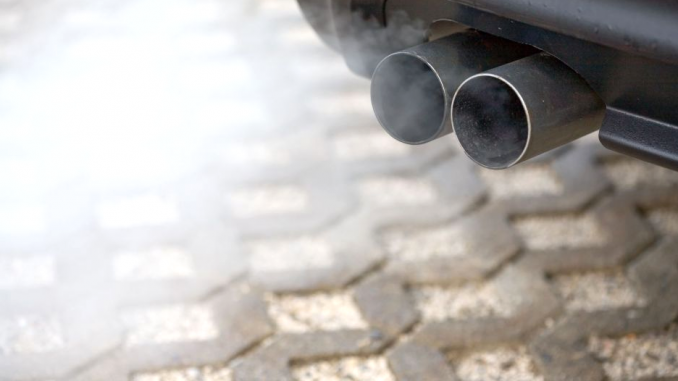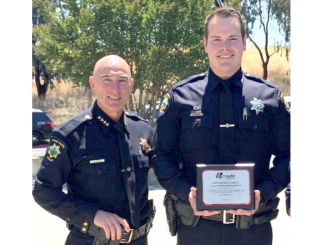
BY ALLISON LEVITSKY
Daily Post Staff Writer
Palo Alto City Council is returning from summer vacation Monday (July 30) to consider a ban on vehicle idling and two items for the November ballot: a citizens initiative to cut the citywide office development cap in half, and a measure to increase the hotel tax from 14% to 15.5%.
The idling ban was first proposed on Aug. 28 by Mayor Liz Kniss, Vice Mayor Eric Filseth and council members Karen Holman and Tom DuBois.
The ordinance bans more than three minutes of idling, with exceptions made for emergency vehicles, refrigeration trucks and armored vehicles.
After a written warning, second-time violators could face $100 tickets and third-time idlers could have to pay $150.
Idling cars emit pollutants that can cause or aggravate lung diseases such as asthma, lung cancer, bronchitis, acute respiratory infections and emphysema, according to the ordinance.
It also emits greenhouse gases, hydrocarbons, nitrogen oxides and particulate matter, all of which degrade the environment.
Office growth cap
The citizens initiative was organized by the slow-growth group Palo Altans for Sensible Zoning, which wants to see the citywide cap on office growth cut in half from 1.7 million square feet from 2015 to 2030 to 850,000 square feet.
The 1.7 million-square-foot cap was added to the city’s Comprehensive Plan, a lengthy land use document that council updates periodically, in November.
Sensible Zoning advocates, whose interests are typically represented by Filseth, Holman, DuBois and Councilwoman Lydia Kou on council, want to see that number cut in order to reduce the number of employees commuting into town.
The council could vote Monday to approve the initiative as an ordinance or to put it on the November ballot.
Hotel tax increase
Council will also vote on adding a hotel tax increase to the November ballot.
The nearly $2.6 million that the city expects the tax to generate annually would go toward bike and pedestrian safety projects, street and sidewalk maintenance, seismic upgrades to city fire stations and a new public safety building on Sherman Avenue.
Council originally considered a 16% hotel tax, but settled on 15.5% last month with Kniss citing the “optics” of having the highest hotel tax in the state.



